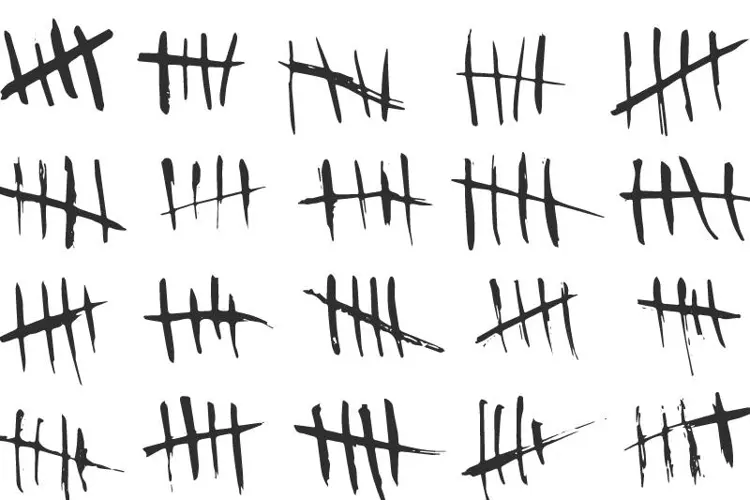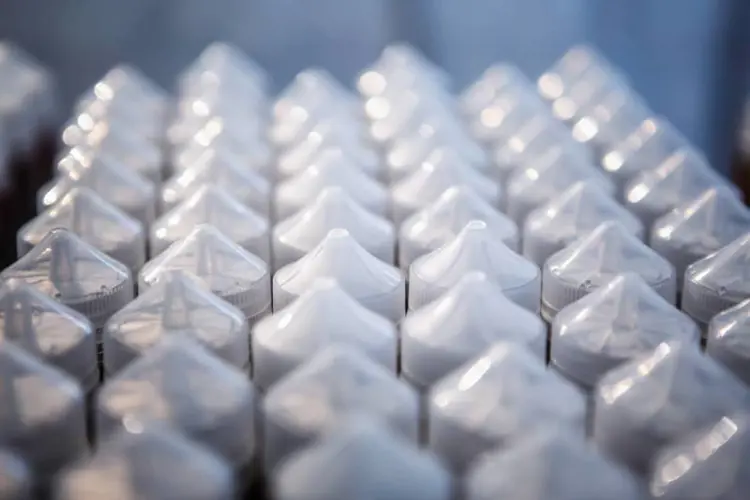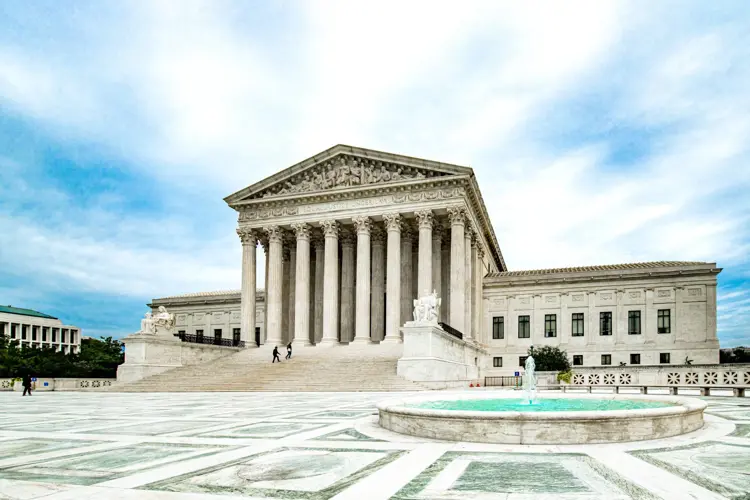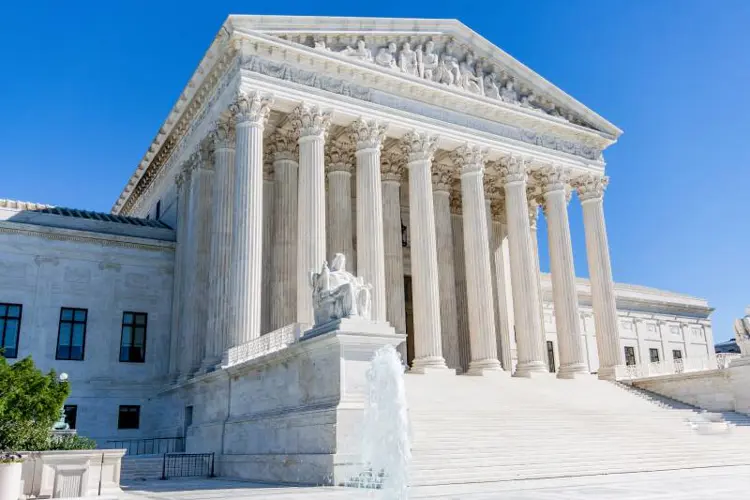In a decision that could shake up the FDA’s premarket review process for vaping products, a federal court has granted a stay to Triton Distribution, preventing FDA enforcement of the agency’s Marketing Denial Order (MDO).
A three-judge panel on the 5th Circuit Court of Appeals found that Triton (also known as Wages and White Lion Investments, LLC) is likely to succeed in its MDO appeal, and that the FDA order is “likely arbitrary, capricious or otherwise unlawful.” The decision allows Triton to continue selling its products while the court reviews the FDA denial order.
This is the first stay issued by a court in a legal challenge to the agency’s MDOs, although the FDA itself has stayed enforcement for some companies pursuing internal administrative appeals, and has rescinded marketing denials issued to Turning Point Brands and Fumizer based on “overlooked” evidence, and promised to delay enforcement against them until their reviews are complete.
The court found the FDA moved the goalposts for companies submitting Premarket Tobacco Applications (PMTAs) in the years following its 2016 Deeming Rule. The agency changed the date for submission multiple times, wrote Judge Andrew S. Oldham for the panel, and after explaining that manufacturers could submit PMTAs without long-term scientific evidence, the FDA “changed its mind and required the very thing it said it would not—namely, long-term studies of e-cigarettes.”
In its reasoning for issuing MDOs to companies manufacturing non-tobacco and -menthol vaping products, the FDA cited a new standard of evidence that was not explained in advance. On Aug. 26, the agency explained that manufacturers of flavored products must show “sufficient product-specific scientific evidence to demonstrate enough of a benefit to adult smokers that would overcome the risk posed to youth,” and that the evidence would “likely be in the form of a randomized controlled trial or longitudinal cohort study.”
The court rejected the FDA’s last-minute change of evidentiary standards. “Many e-cigarette companies relied on the FDA’s repeated insistence that it did ‘not expect that applicants will have to conduct long-term studies to support an application’ and did not perform or submit such evidence,” Judge Oldham wrote.
Citing previous decisions, Judge Oldham described the FDA’s actions in rejecting Triton’s PMTA as a “surprise switcheroo.”
The panel found the FDA arguments against a stay deficient on other points too, and also rejected an amicus curiae brief filed in support of the FDA by the Campaign for Tobacco-Free Kids and other anti-vaping special interest groups.
Those groups, say the court, “argue that the public interest cuts against a stay because continued sale of flavored e-cigarettes will endanger the youth much more than it might help adults. ‘But our system does not permit agencies to act unlawfully even in pursuit of desirable ends.’”
In its response to Triton’s motion for a stay, the FDA’s Justice Department lawyers argued that the court could not compel the FDA to allow Triton to sell products without enforcement by issuing a stay. But the court has done exactly that, noting that “we reject the FDA’s argument that we lack authority to grant a stay that provides interim relief.”
While the decision applies only to Triton—and only until completion of the company’s MDO appeal—attorneys in other appeals are free to cite the decision, and judges in other courts could adopt the 5th Circuit’s reasoning.
Texas-based Triton Distribution manufactures e-liquid under its own brand names, and under contract for other manufacturers. Among the brands included in Triton’s MDO were Suicide Bunny, Boiler Maker, Vape Hooligan, Chewy Clouds, and Teleos.
The Freemax REXA PRO and REXA SMART are highly advanced pod vapes, offering seemingly endless features, beautiful touchscreens, and new DUOMAX pods.
The OXVA XLIM Pro 2 DNA is powered by a custom-made Evolv DNA chipset, offering a Replay function and dry hit protection. Read our review to find out more.
The SKE Bar is a 2 mL replaceable pod vape with a 500 mAh battery, a 1.2-ohm mesh coil, and 35 flavors to choose from in 2% nicotine.
Because of declining cigarette sales, state governments in the U.S. and countries around the world are looking to vapor products as a new source of tax revenue.
The legal age to buy e-cigarettes and other vaping products varies around the world. The United States recently changed the legal minimum sales age to 21.
A list of vaping product flavor bans and online sales bans in the United States, and sales and possession bans in other countries.
















